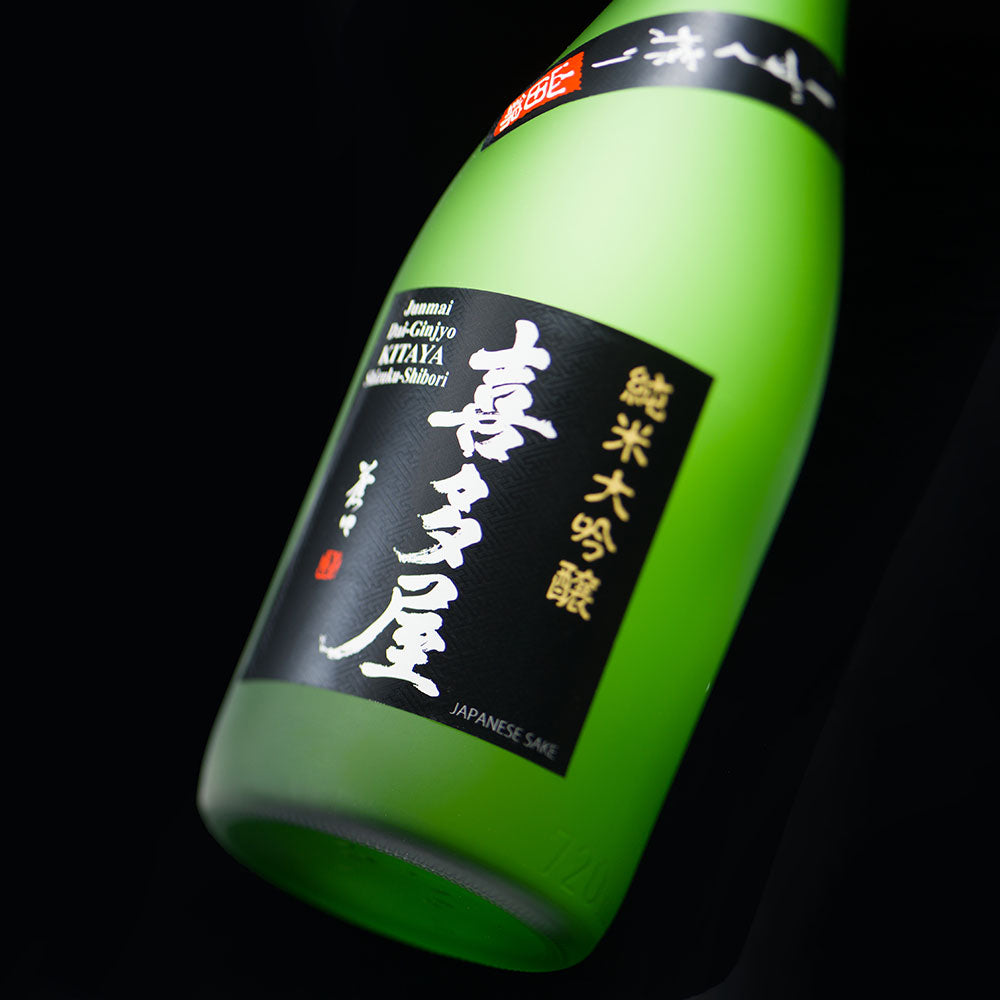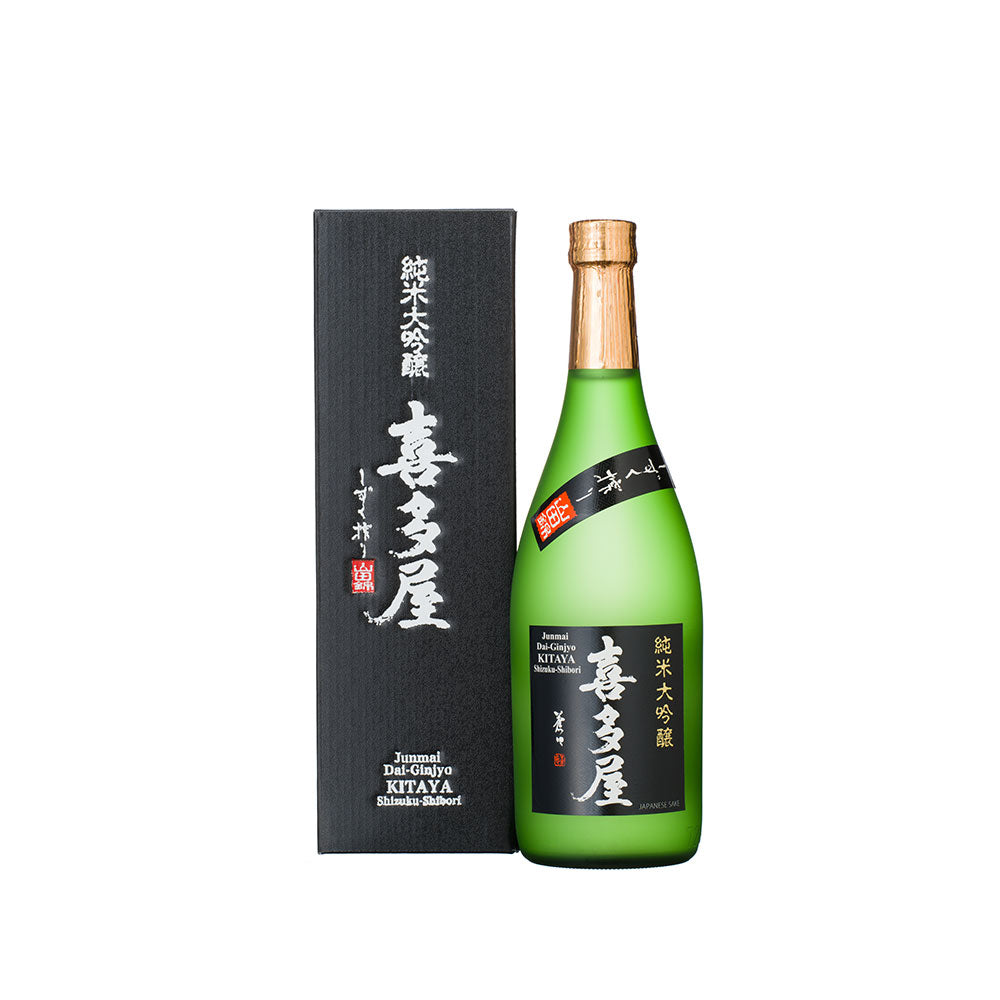-
 >
>
- Product list >
- Kitaya Junmai-daiginjo Shizuku-shibori (720ml)
Kitaya Junmai-daiginjo Shizuku-shibori (720ml)
詳しく見る
- *All prices shown are the product prices from the Japanpage:.
- *Product price can be shown in multiple currencies as reference values.
- *Payment should be made in Japanese yen.
- *After filling in delivery address, grand total (product price + shipping cost (packing + shipping + insurance) +tariffs & taxes) will be shown on the shipping cart page.
- *All prices shown are the product prices from the Japanpage:.
- *Product price can be shown in multiple currencies as reference values.
- *Payment should be made in Japanese yen.
- *After filling in delivery address, grand total (product price + shipping cost (packing + shipping + insurance) +tariffs & taxes) will be shown on the shipping cart page.
Awards
International Wine Challenge (IWC)2019 Junmai Daiginjo Division Commended
International Wine Challenge (IWC)2018 Junmai Daiginjo Division Commended
International Wine Challenge (IWC)2017 Junmai Daiginjo Division Commended
"Kitaya Junmai-daiginjo Shizuku-shibori" is a Daiginjo using the local brewer’s rice "Yamada Nisiki" produced in Itoshima Fukuoka Prefecture, which is polished to 39% and completed using Shizuku Shibori (squeezing) without applying any pressure. The brewery is located in the best granary region in Kyushu and uses clear underwater of Yabe River’s clear streams springing from Shakagatake/Mt. Gozen as the water for sake making. It is prepared in intense cold, and is fermented carefully like raising one’s own child, completed in Shizuku Shibori. The process is a careful sake-making by hand that takes time and effort. It is a precious Junmai-daiginjo that has a gorgeous and fruity scent combined with a rich taste. It is a rare gem that is available only in limited quantities.
About "Kitaya"
In the brewery name"Kitaya", there is the spirit of "wanting to convey much joy through sake." For about 200 years since the foundation, the family constitution of "the house master himself must make the sake" has been upheld. Now, the team of brewery, technicians, and skilled brewery workers are putting their techniques and experiences to use and making sake with passion.
Recommended temperature
- Atsukan (50 - 55℃)
- Jokan (45 - 50℃)
- Nurukan (30 - 40℃)
- Room temperature (15 - 20℃)
- Hanabie (10℃)
- Yukibie (5℃)
Type


Tag
Appearance
-
Clarity
Transparency
Hazy
-
Colour
Colorless
Dark brown
-
Intensity
Water
Deep
Nose characteristics
-
Intensity
Low
Strong
Taste characteristics
-
Light / Body
Light
Body
-
Sweet / Dry
Sweet
Dry
-
Simple / Complexity
Simple
Complexity
-
Acidity
Low
High
-
Umami
Low
High
-
Finish
Low finish
Long finish
Aroma and flavor
Detailed information
| Volume | 720ml |
|---|---|
| Size (L W H) | 29.0 x 19.0 x 31.0 cm |
| Weight | 2.1kg |
| Ingredients | Rice, Rice koji, Water |
| Region | Fukuoka |
| Alcohol content | 15%vol. |
|
Sake Meter Value
|
+2 |
|
Acid level
|
+1.3 |
|
Polishing ratio
|
39% |









